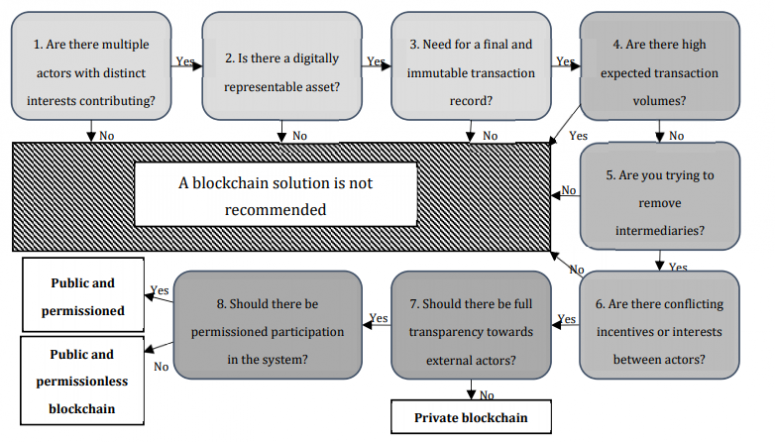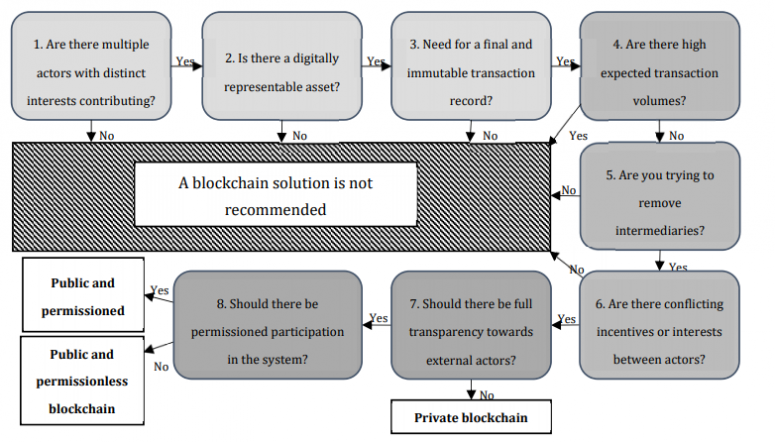Microsoft, together with universities in Germany and Denmark, released a document outlining potentialBlockchain benefits for creating an international carbon market for carbon emissions.
The paper addresses the issue of suitability.blockchain and distributed ledger technology for the carbon market mechanism in accordance with Article 6.2 of the Paris Agreement. The article provides for the creation of an accounting framework that should provide an incentive to reduce carbon emissions. Existing infrastructure solutions for such a quota market have limitations because they rely on manual processes within a “centralized and fragmented data bank structure.”
“When considering only traditional database architectures, there is a risk of developing a“ new ”market mechanism that is already outdated at the time of creation,” the document says.
Co-authors of the article, including a specialistMicrosoft on data, artificial intelligence and blockchain Laura Franke, as well as specialists from technical universities in Berlin and Denmark, agreed that blockchain could provide transparency and immutability of information for such a mechanism.
“We found that for the upward andthe decentralized management system provided for in the Paris Agreement, a blockchain-based application is a promising solution and can bring benefits in the form of increased transparency and automation of the mechanism, ”the document says.
Nevertheless, systems based on blockchain and distributed registry are described as “nascent” technologies that are not able to solve all the problems of the carbon market.
“This new technology is not a panacea for all problems, and the compromise of using the blockchain should be evaluated on a case-by-case basis,” the document says.
The authors of the article suggest using the scheme below, which will determine if the blockchain is suitable for solving a specific problem.


However, the document states that the use ofBlockchain-based platform “provides clear advantages in terms of interacting with other emerging technologies, automating the process using smart contracts, increasing transparency, traceability and audit capabilities, as well as increasing security and trust between the parties.”
Blockchain is not the first one proposed to be usedto track carbon emissions. In March, it was revealed that Yale University was using the Hyperledger blockchain to track carbon emissions, and in January, Mercedes Benz and startup Circulor launched a blockchain pilot project to track cobalt and carbon emissions.
In addition, last December the InternationalChamber of Commerce (ICC) said it will work in partnership with blockchain companies Perlin and AirCarbon to reduce carbon emissions in commercial aviation.
</p></p>